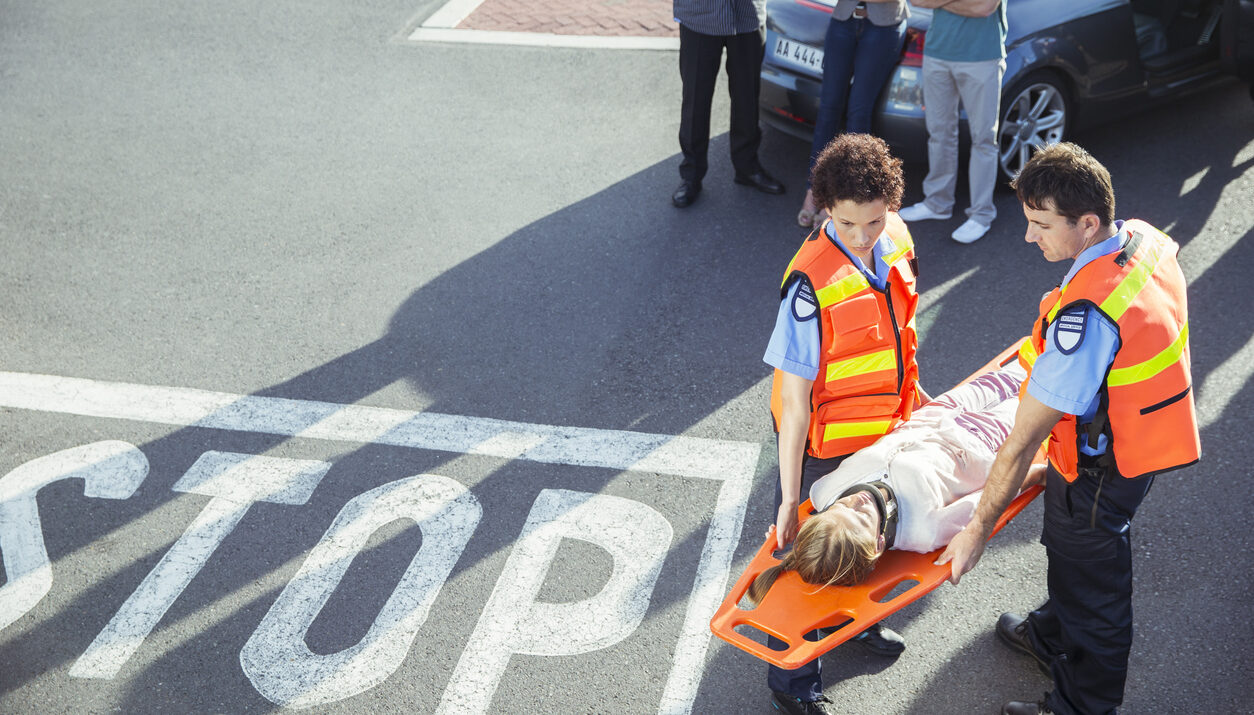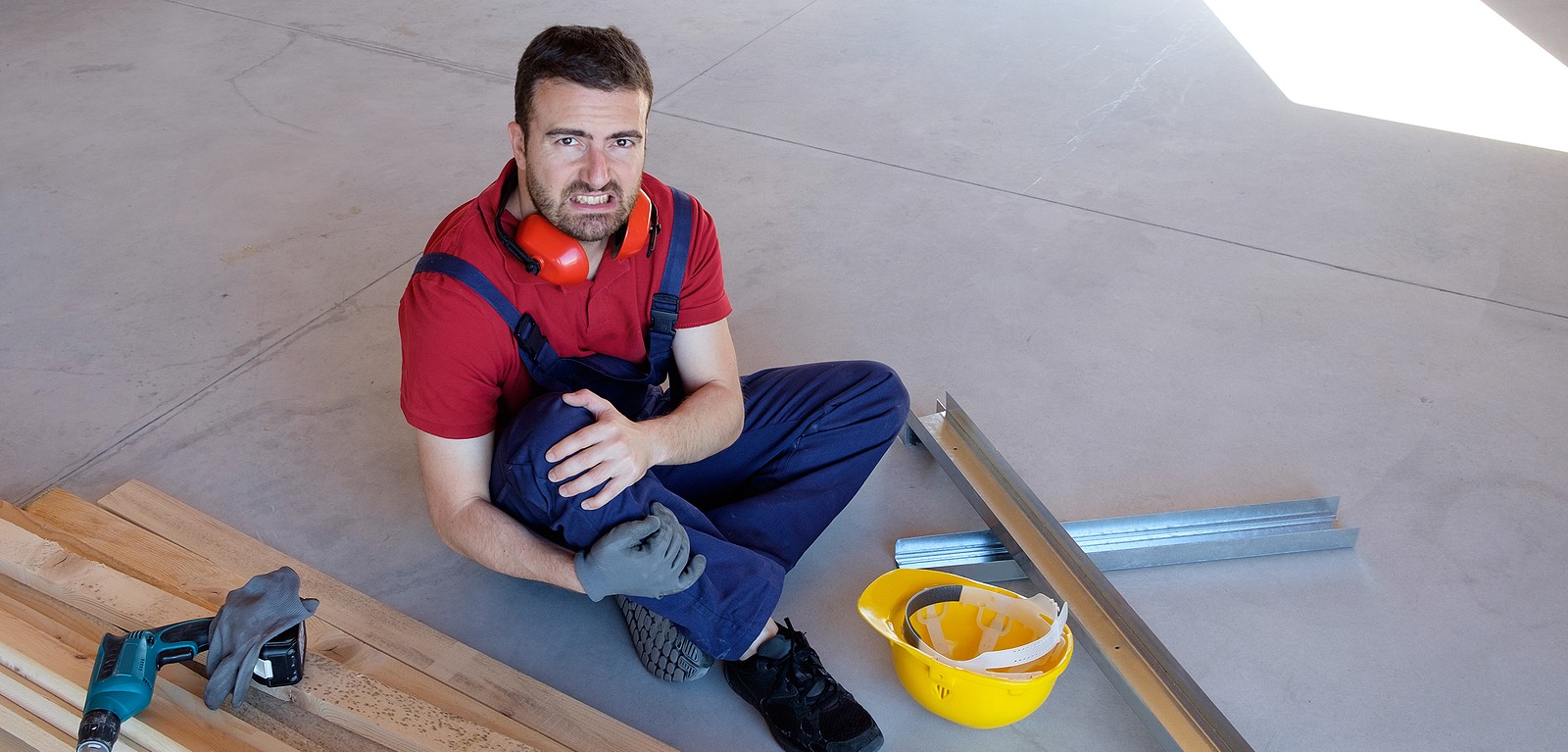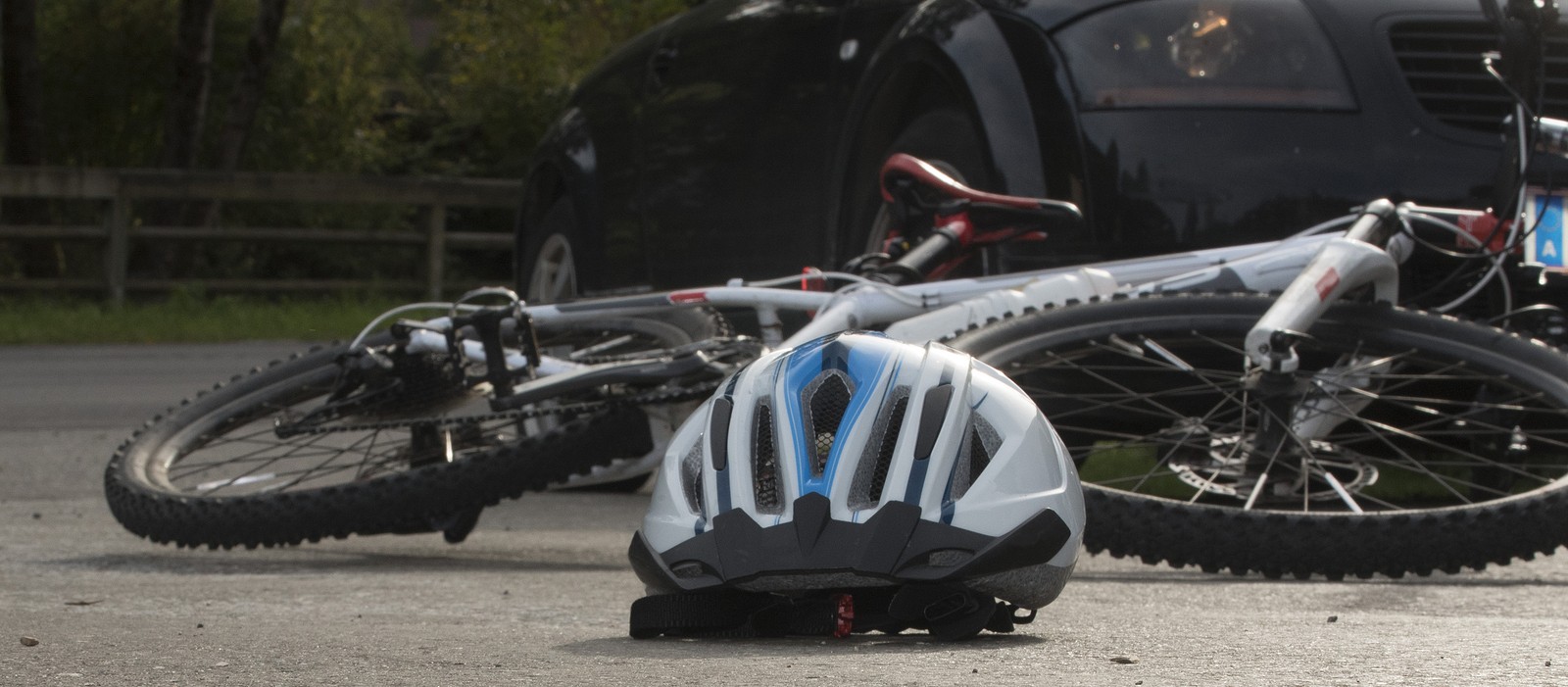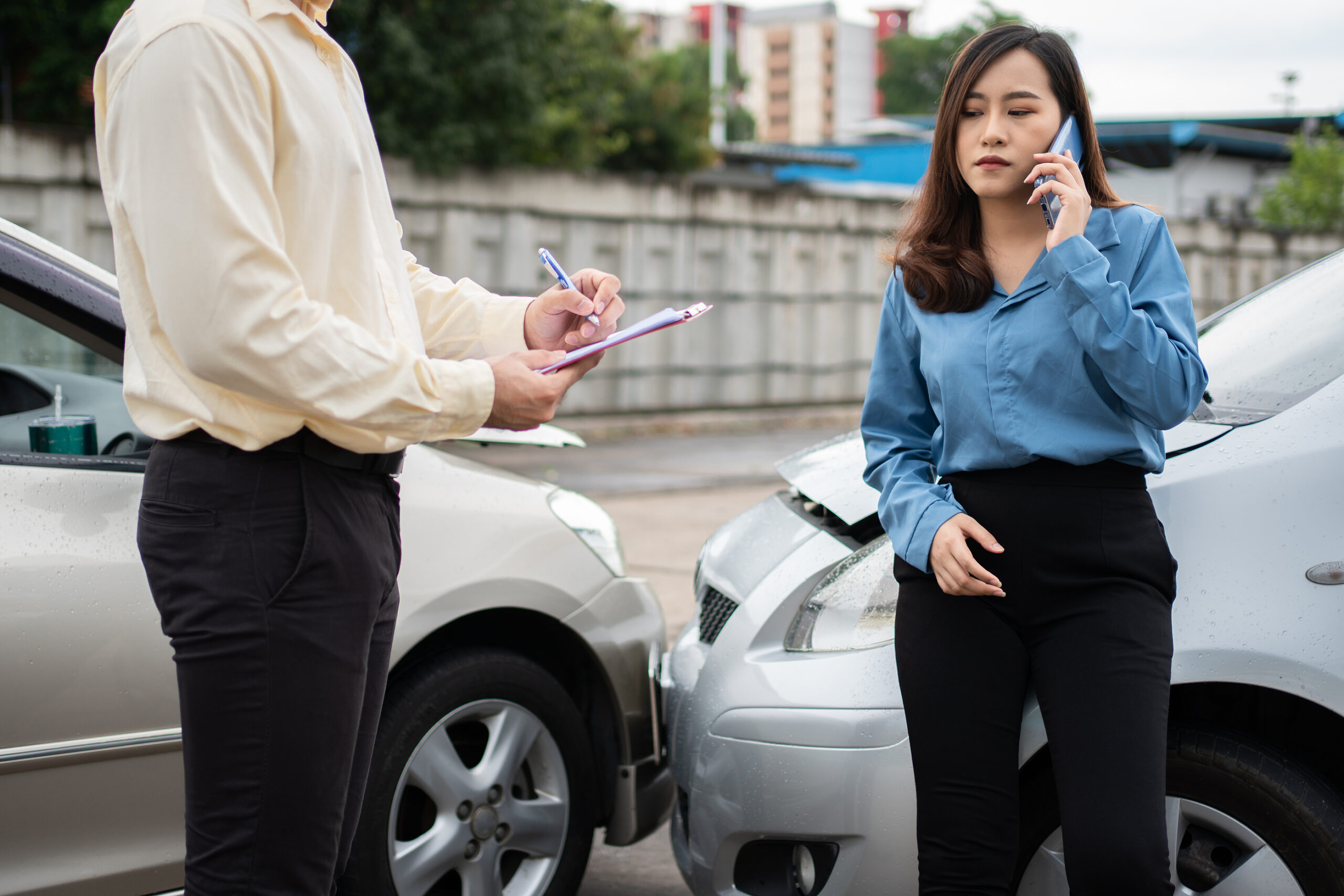Effectively Documenting Your Injuries After a Car Accident
A car accident can be overwhelming. Proper documentation helps to ensure you receive proper medical care and the compensation you deserve. If you need assistance, a personal injury attorney can provide valuable guidance and support.
Seek Medical Attention
Visit a Healthcare Provider
Right after the accident, seeing a healthcare provider as soon as possible is essential. A medical evaluation is necessary even if you feel fine or believe your injuries are minor. Many injuries, such as concussions, internal bleeding, or soft tissue injuries, may not present with symptoms immediately. Early diagnosis can prevent complications and ensure timely treatment.
Documentation of Injuries
Visiting a doctor immediately creates an official medical record of your injuries linked directly to the accident. This documentation is invaluable for insurance claims and any potential legal proceedings. It establishes a clear timeline, showing that your injuries directly resulted from the accident.
Follow-Up Appointments
After your initial medical visit, attending all recommended follow-up appointments is important. These appointments allow your doctor to monitor your recovery, adjust treatments if necessary, and catch any complications. Regular follow-up appointments show that you are serious about your recovery. This is not only beneficial for your health but also strengthens your position in any insurance or legal claims. It demonstrates that you are taking all necessary steps to recover from your injuries. Each follow-up visit also updates your medical records with the latest information about your condition, treatments, and progress.
Obtain and Preserve Medical Records
Detailed Medical Records
Make sure your healthcare provider carefully records all aspects of your medical treatment stemming from the accident. This should include thorough descriptions of each injury you sustained, specifying their location, severity, and any noticeable symptoms. Detailed notes should cover the treatments administered, including medications, surgeries, physical therapy sessions, and any other interventions. Recommendations for ongoing care, follow-up visits, necessary lifestyle adjustments, or additional treatments should also be included. These records ought to document your progress, note any changes in your condition, and evaluate the effectiveness of the treatments. Continuous documentation is essential for monitoring your recovery and identifying potential complications.
Keep a Personal Injury Journal with Daily Entries
Document your pain levels, physical limitations, emotional state, and how the injuries affect your daily activities. Consistent entries can clearly depict your recovery process and any ongoing issues.
Photograph Your Injuries
Initial Photos
Timing matters when it comes to photographing your injuries after a car accident. Take photographs as soon as possible to capture the full extent of visible injuries before they begin to heal or change in appearance. Focus on any visible injuries, such as bruises, which can vary in color and size and indicate the severity and impact of the injury. Document the location, size, and depth of any cuts, lacerations, and swelling that can indicate underlying damage. Any other visible injuries, such as abrasions, burns, or deformities, should be clearly photographed.
Progress Photos
Taking progress photos throughout your recovery is essential for documenting how your injuries evolve. Consistency is vital; capture images at regular intervals, such as daily or weekly, to provide a detailed timeline of your healing process. These photos should show the progression of your injuries, from initial severity to gradual improvement, or any complications that may arise. Regularly photographing diminishing bruises, healing cuts, persistent swelling, and new symptoms can offer a comprehensive view of your recovery journey. Comparative shots, taken from the same angle and distance, are particularly useful in highlighting changes. Ensure that your photos are well-organized and date-stamped to establish a credible timeline.
Preserve Evidence from the Accident Scene
Preserving evidence from the accident scene is important for supporting your claims and providing context for your injuries. Begin by photographing the scene immediately after the accident, capturing wide shots and close-ups of vehicle damage, road conditions, skid marks, traffic signs, and any visible hazards. These images can help illustrate how the accident occurred and identify contributing factors. Gathering contact information and statements from witnesses can be vital, as their accounts may confirm your version of events. Take notes or record your observations about the accident, including the weather, time of day, and any relevant details. Preserving this evidence helps build a strong case by creating a thorough incident record.
Maintain Records of Related Expenses
Maintaining records of related expenses after a car accident is essential for accurately documenting the financial impact of your injuries. Keep detailed records of all medical bills, including costs for emergency room visits, hospital stays, diagnostic tests, medications, and follow-up appointments. Additionally, track out-of-pocket expenses such as transportation to medical appointments, medical equipment, home care, and any modifications needed for your home or vehicle. Document any lost wages or reduced earning capacity due to time off work or inability to perform your job duties. Organizing these records ensures you have a comprehensive account of your financial losses.
Work with a Personal Injury Attorney
Working with a personal injury attorney after a car accident can be crucial for navigating the complexities of legal and insurance claims. A personal injury attorney helps you understand your legal rights and options. They provide strategic advice on proceeding with your claim, including the best ways to document evidence, interact with insurance companies, and pursue compensation.
Have you been injured in a car accident? Don’t navigate the complexities of insurance claims and legal battles alone. At GONZ.LAW GROUP, our experienced personal injury lawyers are here to guide you every step of the way. We go beyond the surface to uncover crucial details that make a difference in your case. Schedule your free consultation today by calling 561-639-7858and experience the difference with GONZ.LAW GROUP.



